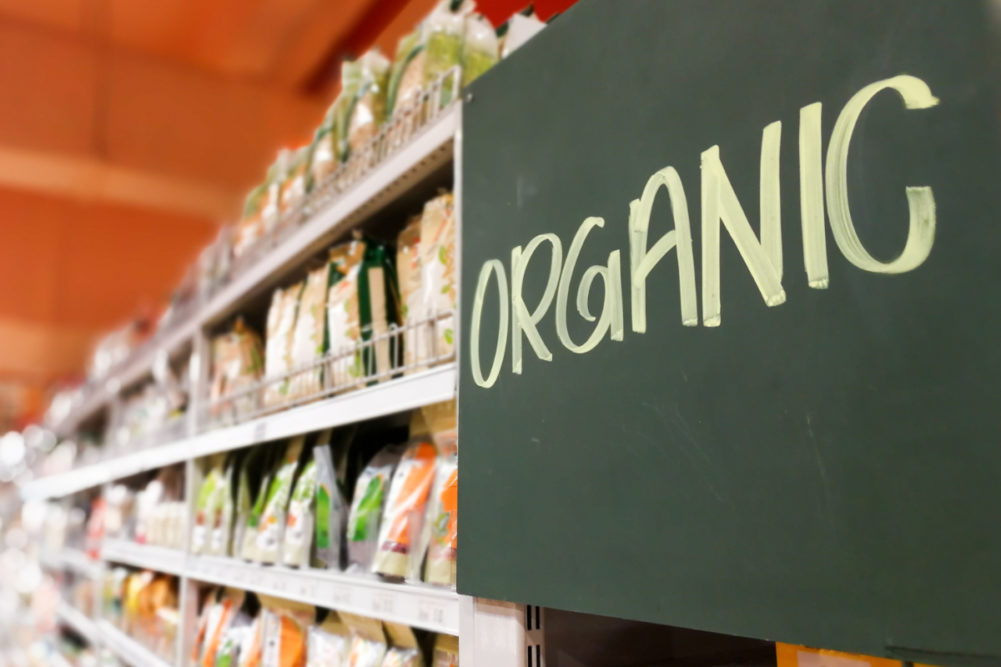WASHINGTON — Organic food sales reached $50 billion in 2019, a 5% increase when compared to 2018, according to the Organic Trade Association (OTA). During the first quarter of 2020, organic food sales accelerated dramatically, and, if trends hold, the industry is on pace for another year of growth.
“Our 2020 survey looks at organic sales in 2019 before the coronavirus outbreak, and it shows that consumers were increasingly seeking out the organic label to feed their families the healthiest food possible,” said Laura Batcha, chief executive officer and executive director of the OTA. “The pandemic has only increased our desire for clean, healthy food. Our normal lives have been brought to a screeching halt by the coronavirus. The commitment to the organic label has always resided at the intersection of health and safety, and we expect that commitment to strengthen as we all get through these unsettled times.”
Additional data provided by the OTA shows the growth of the organic food market during the past decade. In 2010, organic food sales were $23 billion and accounted for 3.4% of total US food sales. In 2019, the $50 billion in organic food sales comprise 5.8% of total US food sales.
Produce remains the most popular organic food category, with fruit and vegetables hitting $18 billion in sales in 2019, a 5% increase. Organic produce makes up almost a third of all organic food sales, and organic fruits and vegetables, including fresh, frozen, canned and dried, have now captured 15% of the fruits and vegetables market in this country, according to the OTA.
Organic dairy products reached $6.6 billion in sales during 2019, 2% growth when compared to 2018, and organic meat, poultry and fish generated $1.4 billion sales.
An emerging organic food category identified by the OTA is condiments. While it is the second smallest organic food category in terms of sales, it is also one of the fastest growing. Sales of organic ethnic sauces reached $77 million in 2019, up 23% from the year prior. Organic ketchup sales hit $57 million during the year, up 16%. And organic spices reached $345 million in sales during the year, up 15%.
As the coronavirus spread during the first quarter of 2020 and most US consumers stocked up due to stay-at-home orders, sales of organic foods spiked. Organic produce sales rose 50% in the early days of kitchen stocking and were up more than 20% during the spring. Staples categories such as organic dairy, eggs, breads, pastas, rice and grains also experienced increased growth during the quarter.
But the outlook for the organic food sector is not without potential hurdles. The impact of COVID-19 on the US economy and consumers has been significant. Because consumers are price sensitive, there could be a slowdown in organic food sales throughout the rest of the year, according to the OTA.
“It’s hard to know what’s ahead of us, but consumers will continue to trust in and depend on the organic label,” Ms. Batcha said. “Organic producers and processors — indeed the entire organic supply chain — have been working around the clock through this difficult time to keep our stores filled with healthy, toxic-free and sustainably produced organic food and products. Organic is going to be there for the consumer.”

